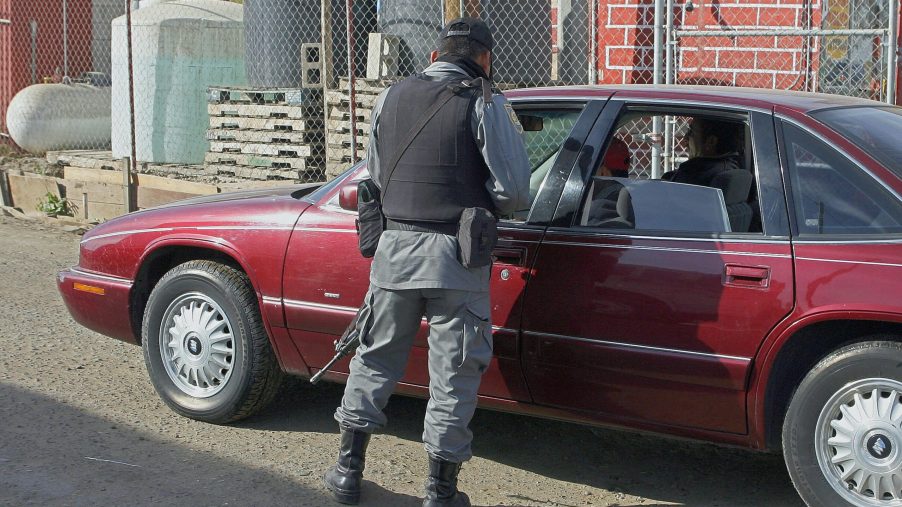
‘Chocolate Car’: What Does It Mean?
If your car gets stolen in or near San Diego, California, there’s a 50-50 chance it now resides in Mexico. There is a market there for these stolen U.S. cars. They’re called “chocolates,” which is slang for U.S. cars with expired license plates.
Why are there so many chocolate cars in Mexico?
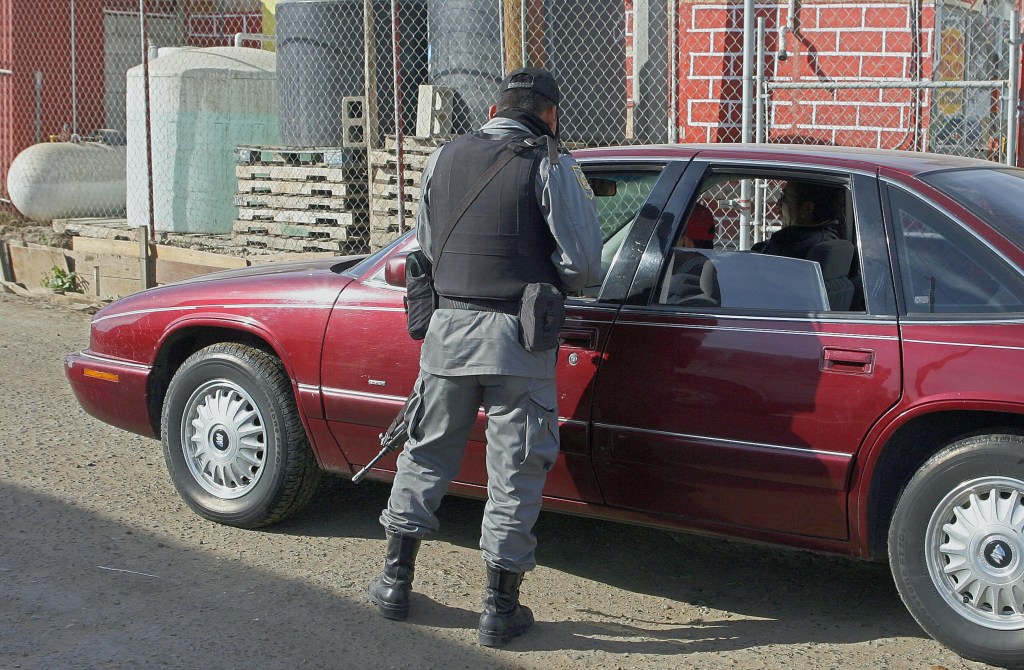
To drive a vehicle legally, the cars have to be imported and registered in Mexico. But it’s not an easy task, nor inexpensive. The cost to import a vehicle is between $1,500 to $3,000. Then there is a charge for license plates. This is usually around $400.
So a vehicle that sells in the US for $1,500, ends up costing around $3,000 more for the import tax and license. The average working family there can’t afford that. And besides, who wants a beat-up $1,500 car that costs almost $5,000?
Mexican nationals buy chocolates and avoid checkpoints
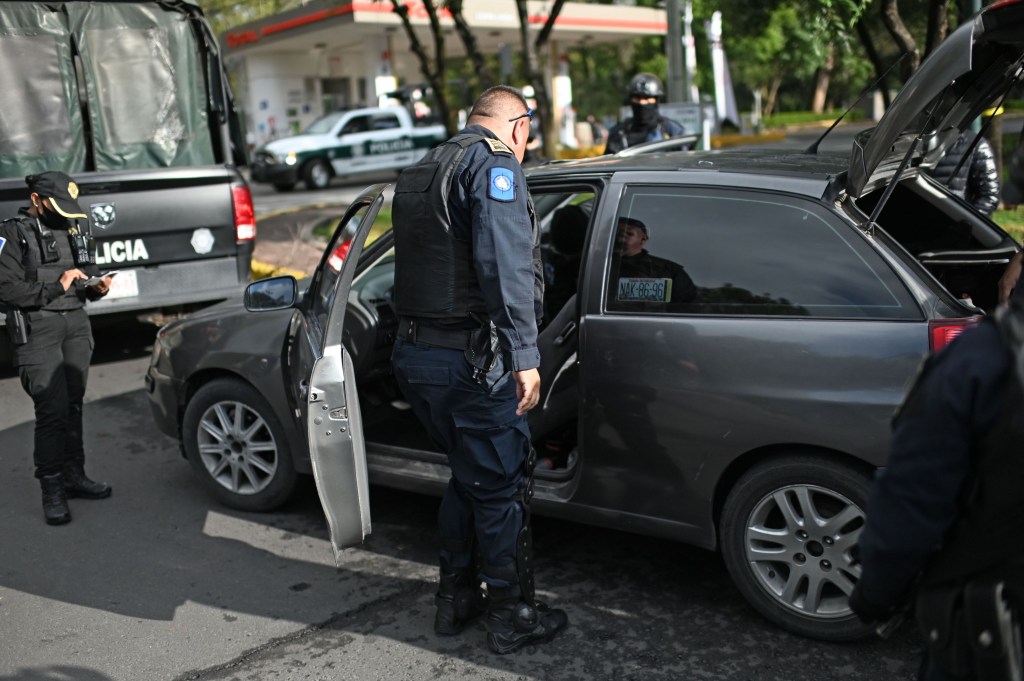
It might work if Mexico’s public transportation system was good, but it is not. So many just buy a chocolate and try to avoid checkpoints. There is a robust black market for fake license plate tags and California DMV-like paperwork. Now that 16,500 pesos Honda Del Sol will cost under $1,000 including the bogus tags and phony documents.
As the Mexican government cracks down on chocolates, it is also impounding cars legitimately there belonging to Mexican-Americans, U.S. tourists, or U.S. ex-pats. Sometimes the Mexican police follow Americans waiting for them to park. Then they call the hook and tow the car away.
Now chocolates can be registered, but they’re still not legal
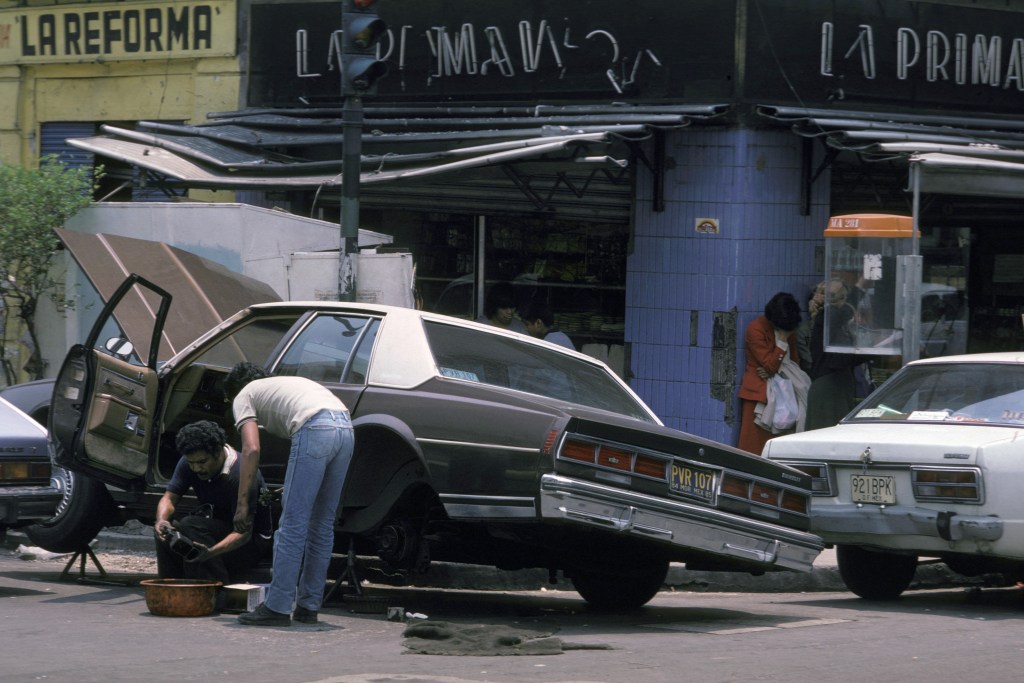
Now Mexican President Andrés Manuel López Obrador has signed into law a one-time fee to allow citizens to register chocolate cars already in the country. Registering a chocolate costs 2,500 pesos, about $125. But it still won’t give it legal status. San Diego Reader estimates there are over 500,000 foreign vehicles in Baja, alone.
Mexico is expected to take in almost $3 million just from Baja alone. In total, over 25 percent of the vehicles in Mexico are unregistered cars. The Mexican President has pushed for this as a means for poor families to get their children to school. It is also a step to get a handle on how many cars might be causing pollution.
Mexico is moving toward vehicle emission testing
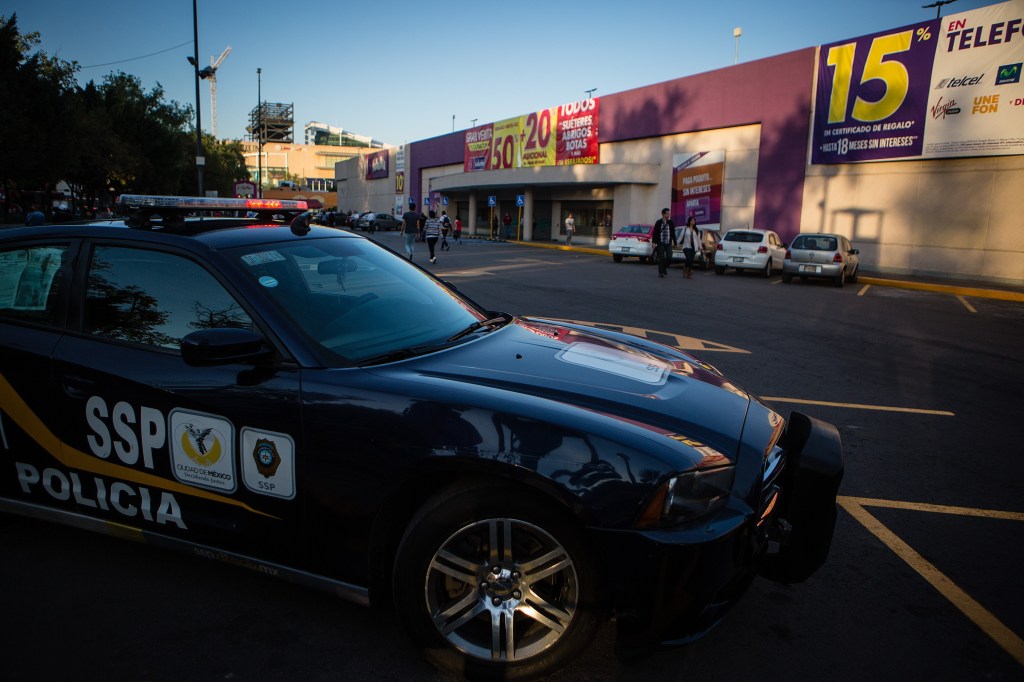
Mexico wants to initiate a Smog Check Referee Program like that used in the U.S. The first step of this initiative would be to take a census of all cars to approximate pollution levels. That is part of the reason for allowing registration, without validating legal status.
Then, the country wants to begin emissions inspections. Since virtually all of the chocolates are older vehicles, it is unclear exactly what happens if the cars are emitting excessive emissions. But for the poorer families in Mexico, it is a break. And now, if a Mexican national is caught with a chocolate, it is an automatic 6,000 pesos fine, or about $325. That should be a strong deterrent from escalating the incidents of stolen vehicles taken from the streets of San Diego.



